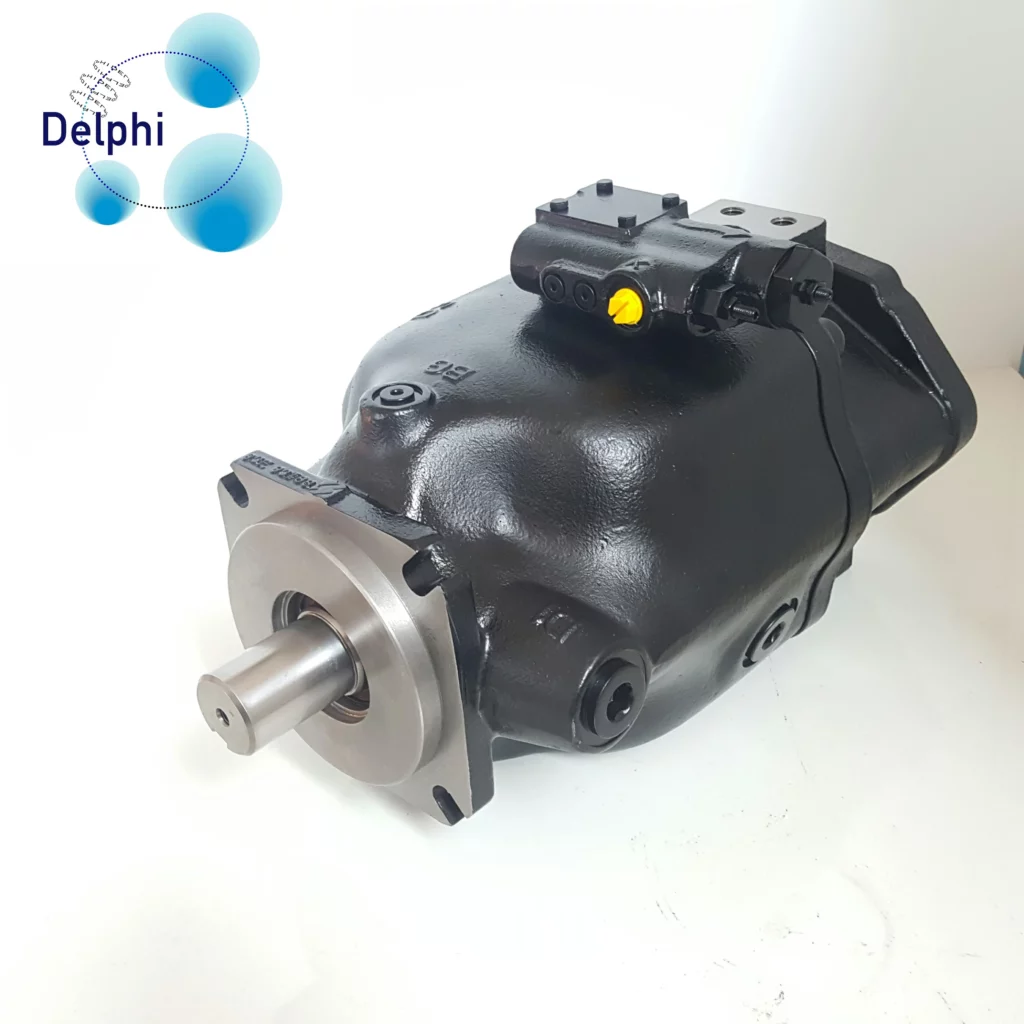Hydraulic pumps are essential components in systems that transmit fluid power for industrial machinery. 3000 PSI is a common benchmark pressure rating for medium-duty hydraulic pumps used in mobile equipment, factory automation, construction tools, and more. Selecting the right hydraulic pump 3000 psi requires matching specifications like flow rate, pressure range, and features to your operating requirements.
In this blog post, we’ll overview hydraulic pumps rated at 3000 PSI and discuss considerations for choosing the best model for your needs.

Overview of 3000 PSI Hydraulic Pumps
3000 PSI hydraulic pumps are intended for applications requiring medium levels of pressure. They take suction from a fluid reservoir and discharge pressurized flow to actuate cylinders, motors, and other components. Here are some details on 3000 PSI pumps:
- Pressure Range: Typically rated for 1500-3000 PSI operating pressure.
- Flow Rates: Models with 3-20 GPM are common for 3000 PSI units.
- Temperatures: Can operate from -20°F to 200°F depending on seals and fluid.
- Speeds: Designed for reliable operation up to 3600 RPM.
- Mounting: Vertical or horizontal configurations available.
- Drive: Shaft coupled to electric motor, engine, transmission, or PTO.
3000 PSI pumps strike a versatility balance between lighter duty 1500 PSI models and heavier 5000+ PSI units. They can power most general hydraulic applications not requiring extreme pressures.
Common Types of 3000 PSI Pumps:
- Gear Pumps: Simple external gear models for clean fluids.
- Vane Pumps: Fixed and variable displacement vanes efficiently pump high flows.
- Piston Pumps: Axial and radial pistons with variable displacement for high efficiency.
- Hand Pumps: Lever or crank actuated pumps for portable hydraulic power.
Factors To Consider When Selecting A 3000 PSI Pump
To choose the optimal 3000 PSI hydraulic pump, assess these key factors:
- Required Flow Rate: Match pumping capacity to cylinder and motor demands.
Intermittent or Continuous Duty: Consider duty cycle for heating and optimal life. - System Pressure Range: Ensure pressure rating matches expected operating pressures.
- Control Response: Fixed or variable displacement PSI and RPM provides flexibility.
- Allowable RPM: Higher speeds accommodate more flow.
- Desired Features: Consider exercise features, filtration, relief valves, gauges, etc.
- Operating Conditions: Environmental conditions impact seal choices and cooling needs.
- Noise Level: Gear and vane pumps run quieter than high-pressure piston variants.
- Available Power: Match pump power consumption to electric motor or engine capacity.
- Mounting: Vertical pumps take up less footprint but may require base for support.
- Budget: Pumps range from a couple hundred to thousands based on features.
It’s recommended to size the pump for 110-125% of calculated system requirements to allow a safety factor. Consulting manufacturer charts is key to properly matching the pump based on your pressure, flow rates, speeds, and power.
Reliable 3000 PSI Hydraulic Pump Brands
Trusted hydraulic pump manufacturers offering 3000 PSI models include:
- Parker Hannifin – Large selection of internal and external gear, vane and piston pumps.
- Eaton Vickers – Renowned for high-quality piston, vane and gear pumps backed by engineering support.
- Bosch Rexroth – Offers specialized axial piston pumps for mobile hydraulics.
- Danfoss – Manufactures highly efficient hydrostatic transmission pumps rated up to 3000 PSI.
- Shimadzu – Comprehensive range of precision gear, vane and piston pumps.
- Dynamatic – Hydraulic pioneers with over 50 years manufacturing experience.
- Oilgear – Leading power dense vane and piston pumps including compact models.
